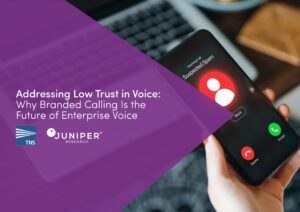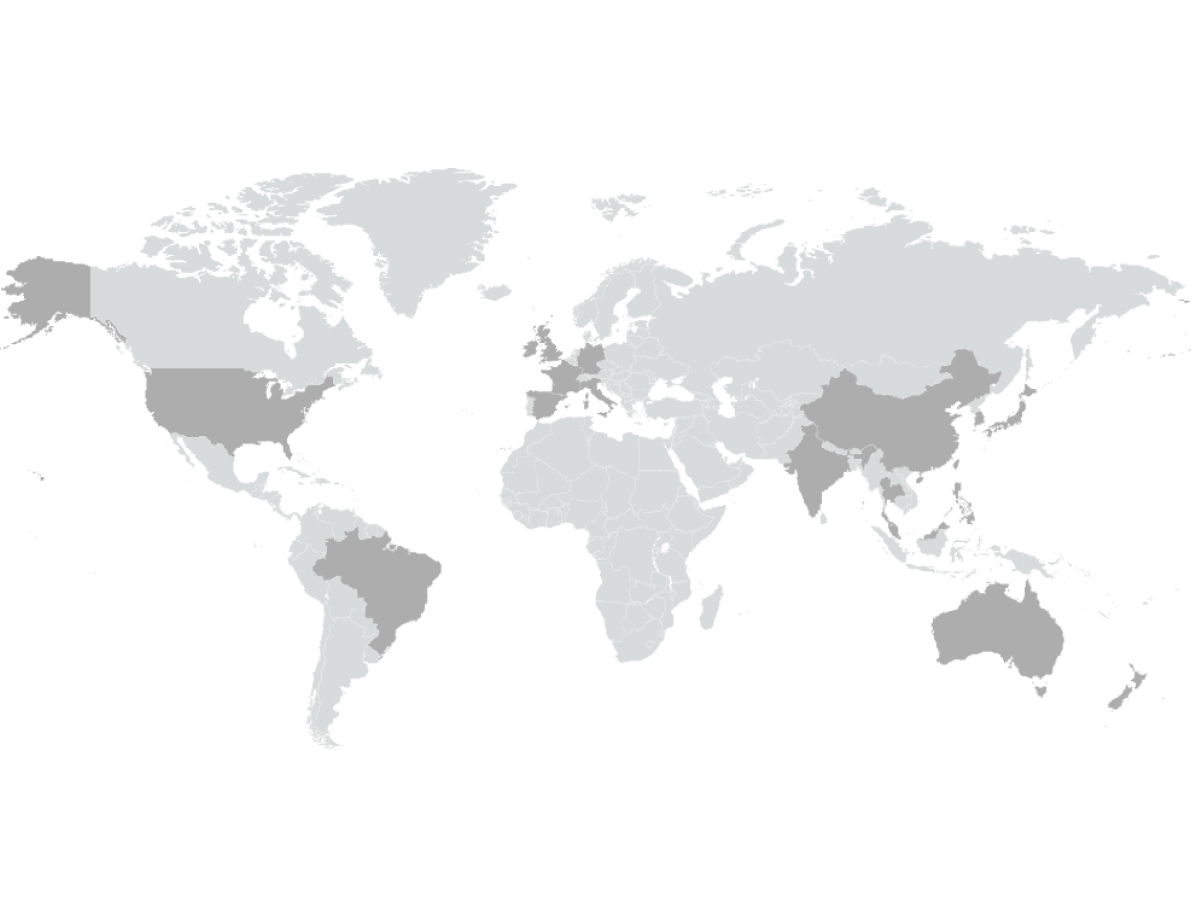Coordinated and aggressive efforts by regulators, policymakers, carriers and the telecom industry continue to drive down unwanted robocall volume from its 2019 peak of nearly 107 billion robocalls. While TNS’ robocall protection team have tracked several key factors helping to reduce robocalls over the past several years, the successful implementation of STIR/SHAKEN has arguably delivered the greatest impact. The call authentication technology monitors calls made on public telephone networks. It “signs” legitimate calls and flags ones that are not.
The 1H2023 report finds Tier-1 carriers’ STIR/SHAKEN implementation efforts are bearing fruit. Only 2% of unwanted robocall traffic originated from the top 7 US carriers (Verizon, UScellular, T-Mobile, Lumen, Comcast, Charter and AT&T) in the first six months of this year, a significant drop from 8% during the same period last year. Eighty percent of all calls from Tier-1 carriers are now signed.
FCC-mandated deadlines for providers have continued since 2021, with June 30 of this year being the third and final major deadline. While smaller carrier STIR/SHAKEN efforts have improved, they are falling further behind Tier-1 carriers: In the first half of 2023, the call authentication gap doubled between large and small carriers (4% to 8%), making them easy targets for robocall bad actors.
Bad Actors Prey on Vulnerable Networks
STIR/SHAKEN implementation is not an overnight process; staggered deadlines for smaller carriers and VoIP providers have not been lost on bad actors and explains why the majority of unwanted call traffic originates from these service provider categories.
In fact, 70% of all unwanted traffic in the first half of 2023 originated on VoIP networks, while nearly half of all VoIP voice traffic was not signed via STIR/SHAKEN. And of the traffic that was signed, 40% still failed to get verified.
If smaller carriers’ struggle to sign calls continues, they risk losing voice traffic revenue and will continue to offer up their networks as platforms for bad actors to launch their robocall schemes.
Top Robocall Scams of 2023
Unfortunately for smaller provider networks, bad actors are extremely nimble and growing more sophisticated in their scams. The first half of 2023 saw scammers leverage artificial intelligence to generate fake voice scams. They also aggressively targeted tax filers in the run-up to Tax Day in April.
AI robocall scams are a prime example of what happens when emerging technology gets into the wrong hands. Fraudsters are using generative AI to mimic the voice of family members to make the scam call sound more realistic. The fake family member may say they were in a car accident and need money wired, or that they were arrested and need bail money, or that they were kidnapped and need a ransom paid.
Tax season scams are also a traditional scheme deployed by bad actors, but in 2023, unwanted robocall volume spiked significantly in the weeks before the annual tax return deadline. There were three notable tax scams used by fraudsters.
- “Ghost Tax Preparers” – People claiming to be low-cost tax preparers target Americans with complex returns that require professional help to file. But the “ghost” preparer – who demands payment upfront – appears to do the job, only to not sign the return, rendering it worthless.
- IRS Posers – Bad actors often pretend to be from the Internal Revenue Service and demand immediate payment. However, consumers should know the IRS never communicates with unsolicited phone calls.
- Unpaid Taxes and Debt Relief – Americans in debt are prime targets for bad actors during tax season. When a scam call arrives offering the victim to settle their debt for pennies on the dollar, Americans often jump at the chance.
The Way Forward
While bad actors will always find new, timely angles for robocall scams, the FCC is expected to be more penal in their enforcement efforts now that the final STIR/SHAKEN deadline has passed. It’s no surprise then that a record near-$300 million fine was levied against the bad actors behind the common auto-warranty robocalls recently.
FCC action has been matched by the FTC and by state attorneys general across the country. Earlier this summer, the FTC and more than 100 federal and state law enforcement partners, including the attorneys general from all 50 states and the District of Columbia, announced “Operation Stop Scam Calls.” The joint federal and state initiative is a new crackdown on illegal telemarketing calls involving more than 180 actions targeting operations responsible for billions of calls to U.S. consumers. The initiative also targets VoIP providers that, as we noted earlier, account for the majority of unwanted call traffic.
Carriers and industry, for their part, are also forging ahead with innovative branded caller ID and call authentication solutions that make it easier for Americans to trust the voice channel. TNS Enterprise Branded Calling, which offers critical brand information on incoming call screens so Americans can easily discern who is calling, is one such solution that drives increased citizen engagement for its ability to help restore trust in voice calling and improve call answer rates.
According to recent TNS survey data, 78% of Americans are more willing to answer calls if caller ID displays a business logo or name. Capitalizing on this demand for branded calling requires carriers and regulators to increase the volume of call traffic that is signed by STIR/SHAKEN so that legitimate businesses can engage customers through voice calls once again.
The fight against robocall bad actors was always going to require a collaborative effort by telecom stakeholders. Going forward, an increased emphasis on authenticating smaller carriers’ voice traffic activity and expanding STIR/SHAKEN implementation eliminates another robocall attack vector and leaves bad actors with one less avenue to target Americans.
The latest edition of TNS’ Robocall Investigation Report with more detailed data and findings is available to download now.
John Haraburda is Product Lead for TNS Call Guardian® with specific responsibility for TNS’ Communications Market solutions.





